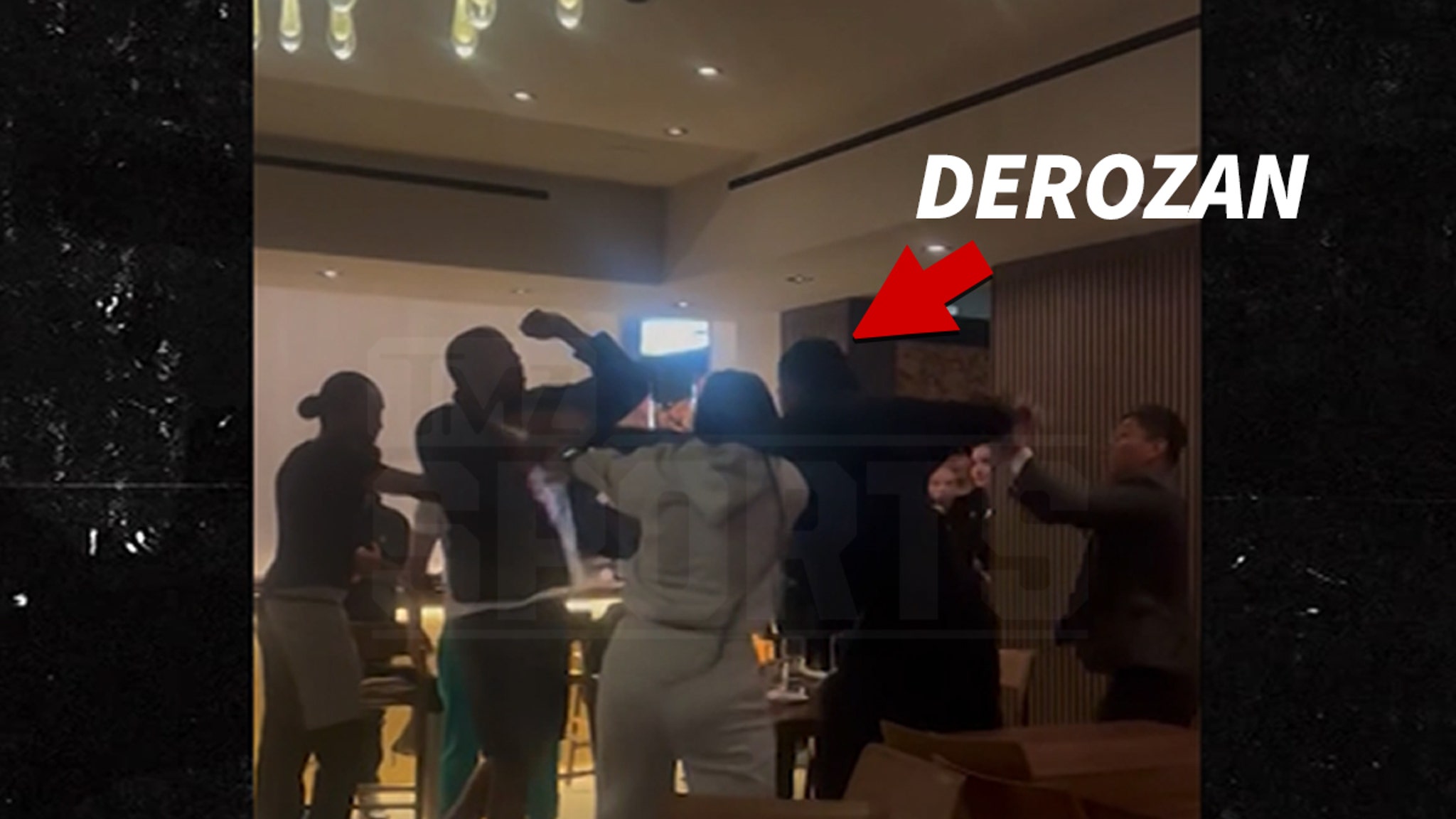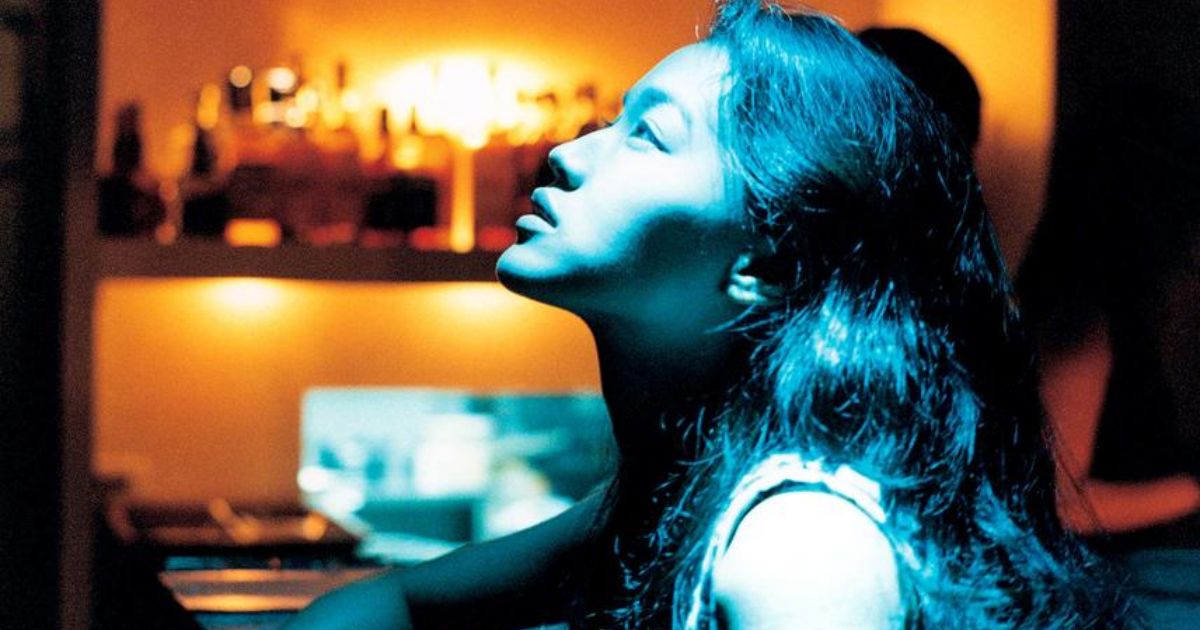Hall shot this film (with cinematographer Eduard Grau) in sumptuous black and white and a 4:3 aspect ratio to maximize the period look and feel. Serving as the the film’s producer is Nina Yang Bongiovi, who formed Significant Productions with Oscar-winner Forest Whitaker. Together they have produced other Sundance hits such as “Fruitvale Station,” “Dope,” “Sorry to Bother You” and Chloé Zhao’s first film, “Songs My Brother Taught Me.” “I hope with a film like ‘Passing,’ filmmakers and creatives are inspired and emboldened to push the boundaries in narratives that don’t confine us,” said Bongiovi. “Great storytelling transcends globally.”
Bongiovi’s conviction has been further proven by the praise that “Passing” has received since its premiere. “In her gorgeously shot emotional gut-punch of a feature directorial debut, actress Rebecca Hall announces herself as a true force behind the camera and gifts stars Tessa Thompson and Ruth Negga with roles worthy of their formidable talents,” wrote Geoff Berkshire in The Los Angeles Times. “Hall’s adaptation of the 1929 novel by Nella Larsen begins as an exploration of biracial people passing for white in the ‘20s and effortlessly expands to explore the nuances of class, gender and sexuality that overshadow an uneasy friendship.” Our site’s Managing Editor Brian Tallerico wrote that the film is “a subtle and nuanced examination of racial boundaries and definitions, amplified by issues of sexuality that would have been equally daring at the time this book was published. […] It’s a conversation piece in every way, and those are always the films that matter most.”
In his three-and-a-half star review, our critic Odie Henderson wrote that “Hall, Grau, editor Sabine Hoffman, and composer Devonté Hynes do an excellent job of casting a hypnotic spell on the audience. “This is a deliberately paced film with enveloping moods that feel like symphony movements. There’s heavy material here, but ‘Passing’ doesn’t belabor its points. When [her husband] Brian rightfully tries to warn his sons about the racist trouble they’ll face in the world, Irene argues that they should have some innocence in their youth. We understand both arguments even though we know one of them is very, very naïve. The entire film exists in this perpetual state of a deceptively gentle push and pull. It’s a masterful balance of tone.”
Read our contributor Isaac Feldberg’s interview with Rebecca Hall here.
“Passing” is now in movie theaters, and will stream on Netflix starting November 10th. To search for showtimes at a theater near you, click here.
You can view the original article HERE.





























:quality(85):upscale()/2025/04/17/966/n/1922564/69dc205568017c7cad79f2.40744747_.png)

